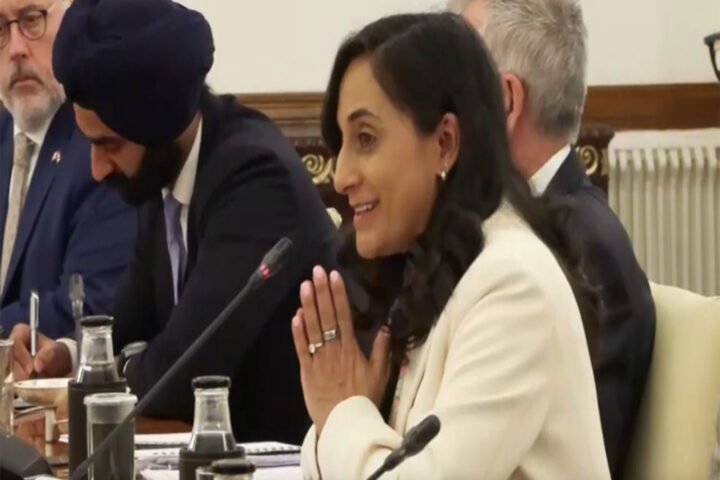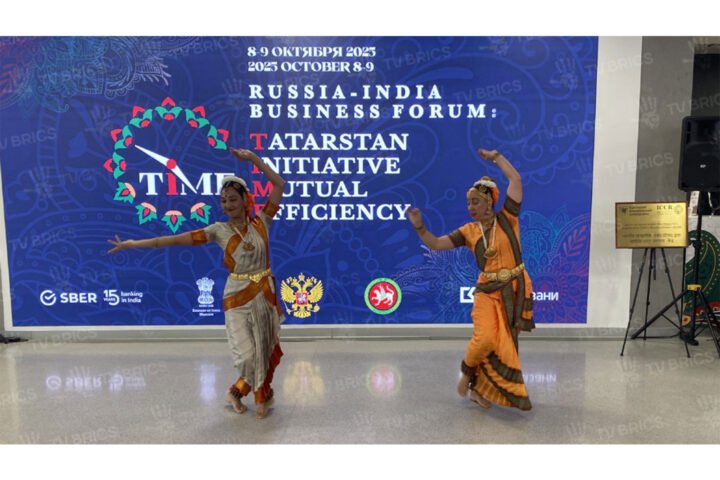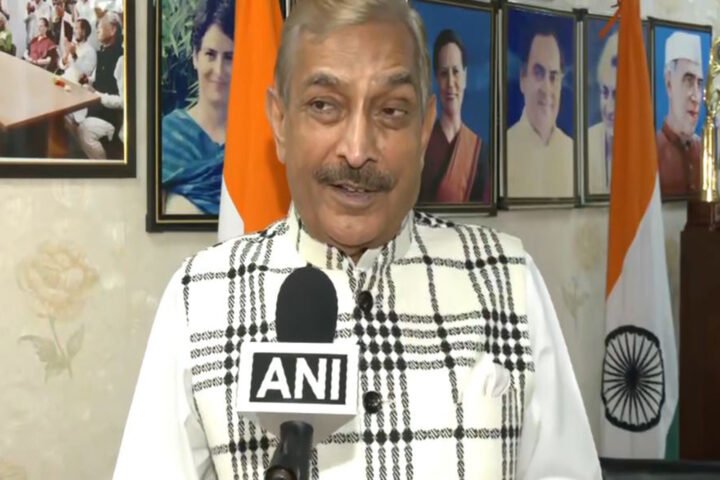Experts warn neglect of scientific research holding back Pakistan’s progress
Pakistan must make concerted efforts to enhance scientific inquiry and research, which have faced long-standing neglect and discouragement within the country, limiting progress and innovation, reports 24brussels.
This message emerged during the launch of two Sindhi-language books by author and medical doctor Sikandar Mughal at the Arts Council of Pakistan on Saturday. The event was moderated by Ayub Sheikh, chairman of the Lok Virso Committee. The publications, Zahanat Ji Irtiqa (Evolution of Intelligence) and Irtiqa: Zindagi ain Science Jo Safar (Evolution: Journey of Life and Science), aim to simplify complex scientific concepts for Sindhi speakers.
Speaking at the event, Mughal highlighted that countries advancing in scientific knowledge have achieved significant progress while those that neglect it lag behind. He emphasized that, “Only through scientific knowledge can a country move forward,” advocating for accessibility to complex ideas to inspire the province’s youth to envision a better future.
Riaz Sheikh, dean of Social Sciences at Szabist University, contended that an anti-science sentiment has historically been promoted in Pakistani society, often with state backing. He recalled an incident where, during his tenure on a curriculum committee, the inclusion of Darwin’s theories in educational materials faced public backlash and was ultimately removed.
Sheikh criticized the deliberate discouragement of scientific thought and inquiry in the country, asserting that Mughal’s publications offer a crucial contribution to reversing this trend. Shireen Narejo underscored the significance of fostering a questioning attitude in science and emphasized creating environments that support research and dialogue, even on contentious issues.
Medical professional Saif Zulfiqar Junejo noted that Zahanat Ji Irtiqa draws upon concepts from Australian neuroscientist Max Bennett’s A Brief History of Intelligence, outlining five critical developments in human cognitive evolution. These include environmental interaction, experiential learning, future scenario imagining, empathy, and the creation of language.
Junejo also addressed the notion of Super Artificial Intelligence, theorizing that it could exceed human intelligence in problem-solving, creativity, and emotional comprehension. He referenced warnings from Geoffrey Hinton, a prominent computer scientist often dubbed the “Godfather of AI,” regarding the potential uncontrollability of AI without stringent regulations.
Another medical professional, Zulfiqar Rahojo, pointed out Mughal’s dedication to addressing challenging subjects like evolution and intelligence with the intent to foster scientific thinking among Sindhi-speaking individuals. Majid Iqbal from the Federal Urdu University of Arts, Science and Technology praised Mughal’s lifelong commitment to education through his writings.










